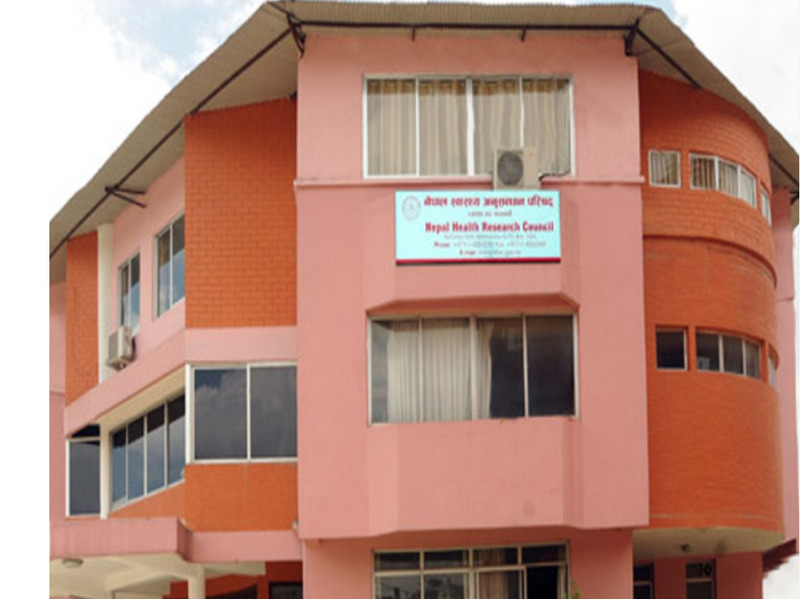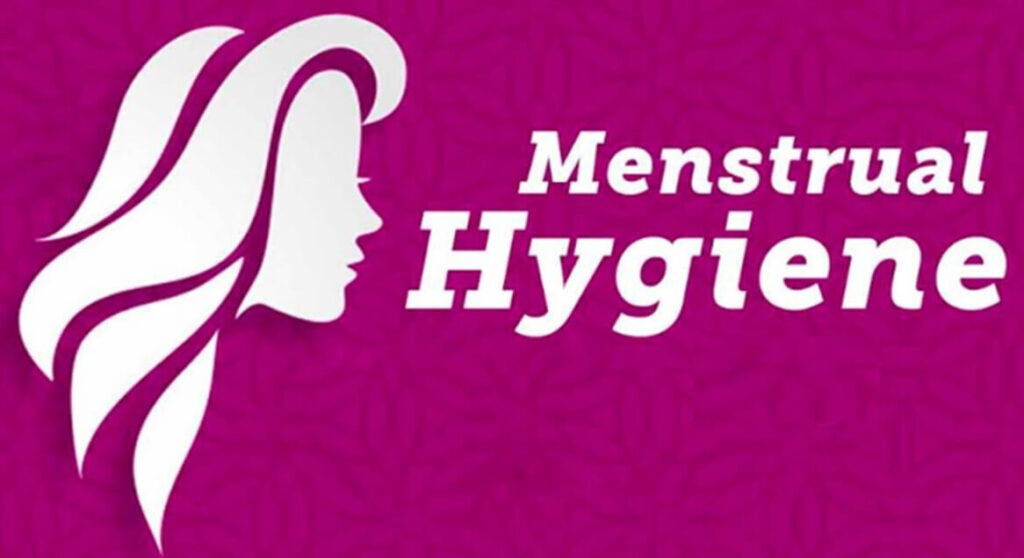Kathmandu, 10 December 2020 – In partnership with the national apical body responsible for promoting health research across the country Nepal Health Research Council (NHRC), World Vision released a report today that provides a comprehensive analysis of the knowledge, attitude and practice and psychosocial well-being of adolescent girls in menstrual hygiene management.
The study titled “Status of Menstrual Health and Hygiene Management among Adolescents Girls in Nepal” concludes that along with having inadequate knowledge around menstruation, adolescent girls continue to face restrictions during periods ranging from restrictions in religious activities, issues of touchability to food consumption.
Surveyed in 3,675 adolescent girls (aged 10-19 years) across the country including differently-abled girls who had experienced their menarche, the study highlighted mothers as the primary source of information who guides menstrual management as well as major bearers to continue restrictions during menstruation at home.

The NHRC and World Vision’s report also concluded that Chaupadi continues to be practiced in three of seven provinces with Sudurpaschim practicing most. “Staying and sleeping alone in a livestock shed at night is fearful and frightening. Family members can’t even find if anything happens to us when we menstruate and it is a major problem,” an adolescent girl of Achham, Sudurpaschim Province said.
Results of the report also reveal that the menstrual needs of differently-abled adolescent girls are largely neglected. Their needs are related to the availability of menstrual material and disable friendly WASH beyond home.
Ms. Abhilasha Gurung, Health and Nutrition Portfolio Advisor of World Vision International Nepal said, “As menstrual taboos, inadequate knowledge and poor menstrual health and hygiene management can have direct negative impacts on psychosocial/mental health, which in turn leads to further negative health outcomes among girls and women, World Vision calls on the Government of Nepal for making deliberate efforts with provincial and local government for formulation of plans, policies and strategies to overcome the gaps in menstrual health and hygiene management directed towards the target group.”

The report also offers recommendations for the government to promote sustainable, low cost, affordable and eco-friendly sanitary materials and their distribution to adolescent girls throughout the country and intensify monitoring and supervision of MHM related government programs, for example – free pad distribution initiative.
It also urges the government to allocate a budget to establish girl-friendly (Chhatra Maitri) schools and take empowerment and engendered approach to capacitate adolescent girls, making them self-concerned and confident to speak up for their own menstrual health needs with everyone at school including male students and teachers.
Source: World Vision International Nepal
The post National survey of menstrual health and hygiene management of adolescent girls in Nepal appeared first on Nepali Sansar.


0 Comments